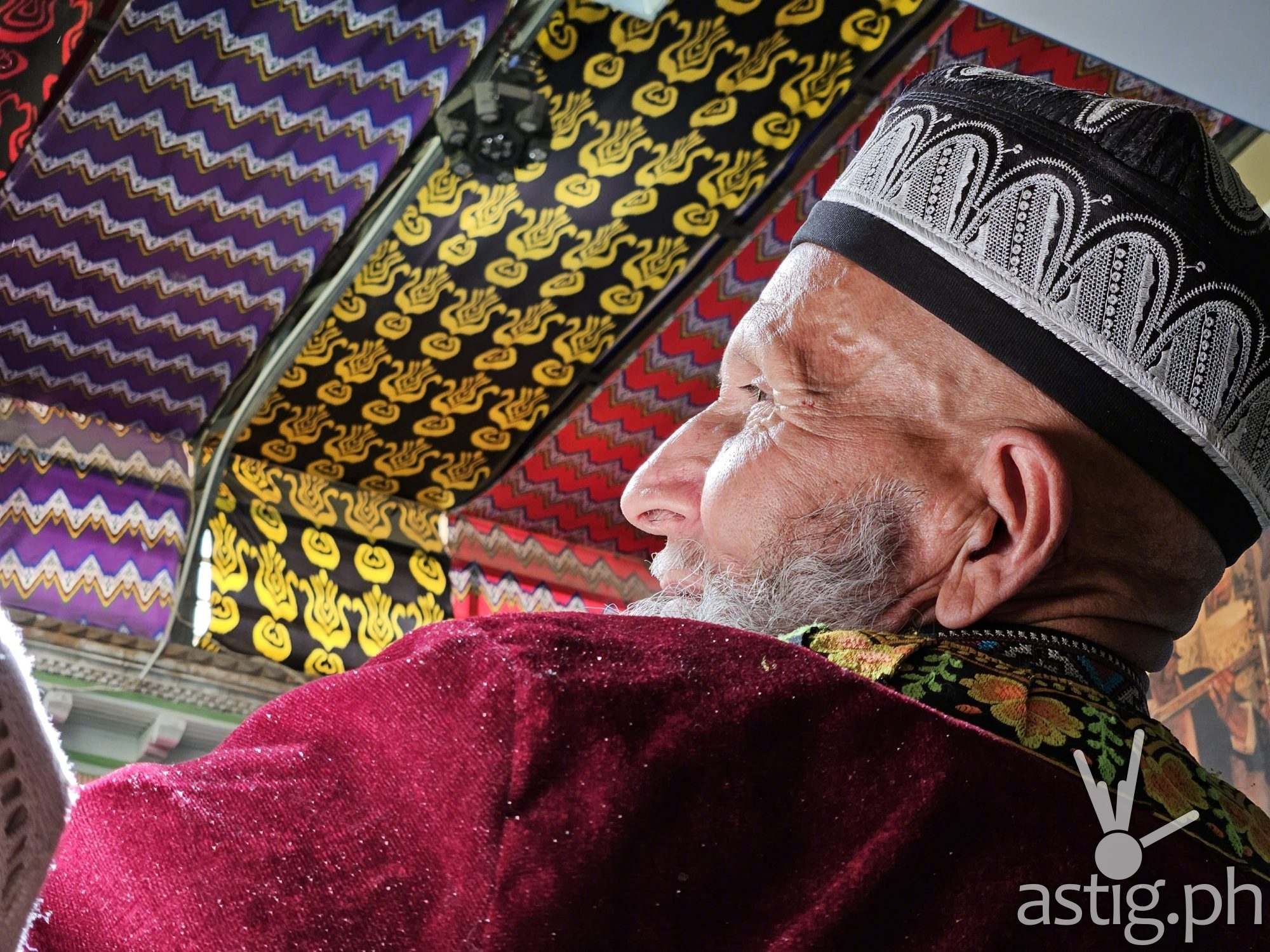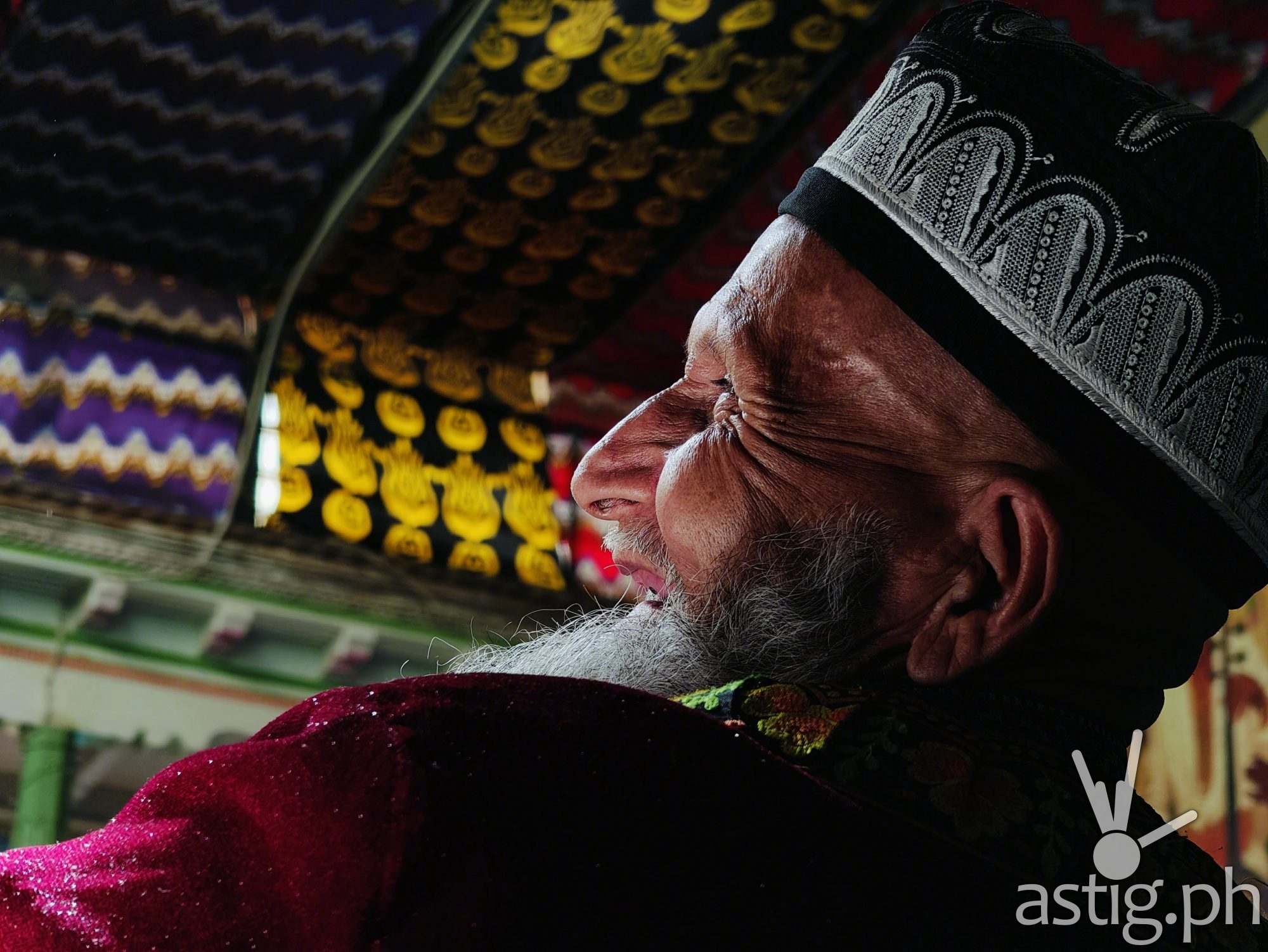PHILIPPINES – As photo and video content has transformed the way we communicate with each other, today’s smartphone users expect more out of the camera on their phones. In response to this, smartphone brands have been constantly exploring new ways to create powerful and smart features that turn everyone into a master photographer. From hardware breakthroughs in lens technology, to highly sophisticated image processing algorithms — smartphone brands including OPPO have been going all out to create camera systems capable of capturing clear, high-quality, and true-to-life images.
Alongside this push for technological excellence, OPPO has also been conducting in-depth research on professional photography and collaborating closely with renowned experts from around the world in areas such as portrait photography, lighting design, and post-production effects. Through ongoing discussions with these masters, and detailed studies of the specific tone and style of their masterpieces, OPPO has uncovered a series of insights that have led to the creation of its own timeless photography aesthetic — one which revolves around capturing the true relationship between light and shadow to the same standard as a professional camera.
This aesthetic takes on a new form with the latest edition to the OPPO Reno series, Reno10 Pro+ 5G. On Reno10 Pro+ 5G, OPPO has created a professional-level portrait photography experience across every aspect of the imaging chain — from image capture and processing to image display — to set a new benchmark for professional portrait photography on a smartphone.
Setting a new standard for professional portrait photography on smartphone
The rapid increase in available computational power on smartphones in recent years has led many smartphone brands to introduce so-called image ‘optimization’ or ‘beautification’ effects designed to help make the subject stand out by boosting their brightness and reducing brightness in the background. Although this aggressive computational approach can create brighter, more eye-catching images that suit today’s mainstream aesthetics, any detailed inspection of these images makes it clear that they are far from photographic masterpieces.


A side-by-side comparison of two images — one featuring minimal processing to preserve the natural light and shadow of the scene, and another heavily utilizing algorithmic optimization — is enough to see just how different the images produced by these two approaches are. Here, the same spatial and three-dimensional textures are heavily compromised by the aggressive algorithms, where the three-dimensional contours of the person are compressed into a two-dimensional flat surface.
While smartphone image processing algorithms can lower the barrier for good photography, over reliance on these algorithms can also destroy much of the natural information in the image, particularly the relationship between light and shadow in photography. As a result, the 3D world shaped by natural light is reduced to a flat 2D representation on a smartphone, creating a cookie cutter aesthetic that makes every image appear more similar than unique. While such images may suit the contemporary styles of the day, they lack the type of depth and true beauty that faithfully capture the moment and preserve it for all time.
In order to create timeless masterpieces not bound to one particular style or era, OPPO started by trying to answer the question of how computational photography can work to help users capture the beauty of the real world. Looking back over the evolution of photography, OPPO found that this desire to capture the beauty of the real world is an innate human instinct that has remained true regardless of how camera technology has developed. Likewise, traditional photography has always been appealing and admired as a creative pursuit despite such big advances in digital photography. Although traditional photography requires the use of complicated equipment and a considerable amount of training and experience, the art form still appeals to many people who are willing to spend hours in the darkroom or in front of an SLR to capture real life beauty in their photos. The time and effort spent by these people gives them a deep understanding of photography and aesthetics — knowledge and experience that OPPO believes is exactly what today’s computational photography needs. Its aim is to combine this knowledge with smart computational photography techniques to build an imaging system capable of reproducing the ultra-realistic interconnection between light and shadow, space, and true-to-life colors.
With a team of over 1,000 dedicated imaging specialists and an annual investment of more than 1 billion yuan (approximately US$156 million), OPPO is sparing no effort when it comes to building the technology needed to help its millions of users shoot enduring and beautiful works of photography on their mobile phones. Asides from its own internal efforts, OPPO also frequently collaborates with acclaimed photographers, lighting engineers, and post-production specialists to incorporate their insights and expertise on what defines good portrait photography into its own products. Based on this, OPPO has determined what it believes to be the fundamental standard for excellent smartphone portrait photography: professional level images with clear details, natural colors, and ultra-realistic light and shadow effects.
End-to-end upgrades bring pro-level portrait photography to smartphone on Reno10 Pro+ 5G
On the new Reno10 Pro+ 5G, OPPO has implemented end-to-end upgrades across the entire image experience — from shooting to image processing and image display — to deliver SLR-standard portrait photography capabilities based on new breakthroughs in image clarity, light, shadow, and color.
As the first component in the image capture chain and the bridge between the camera sensor and the light of the outside world, the quality of the camera lens ultimately determines the bottom line of image quality. On Reno10 Pro+ 5G, OPPO has introduced an independent, professional quality telephoto lens for the first time in Reno history to improve image clarity and quality from the root.
Behind this lens sits a large 64MP, ½ inch sensor capable of capturing more light with greater color sensitivity. The camera features a 3x optical zoom with a large f/2.5 aperture and a minimum focusing distance as little as 25 cm, offering more freedom of composition when using optical zoom with 71mm equivalent focal length. By enlarging landscapes in the distance without magnifying the subject in the foreground, viewer attention can be drawn to both subject and background, merging them into one. If additional magnification is needed, Reno10 Pro+ 5G also offers a new optical quality 6x zoom built on OPPO’s In-sensor Zoom Technology.

On top of these features, the lens is coated with an ALD anti-reflective optical coating and BG spin-coating process to reduce color glare and lens flare caused by complex lighting, like point light sources. It also includes cutting-edge Prime floating OIS to improve image stabilization for clearer photos.
While the camera design of Reno10 Pro+ 5G emphasizes capturing high quality images from the source, image processing still plays a key role in ensuring this source information is captured and presented in the best possible way. It’s at this point that OPPO’s new image processing architecture does its magic to unleash the full strength of the Snapdragon® 8+ Gen 1 Mobile Platform to give full play to a process called multi-frame synthesis. By dedicating such a huge amount of processing resources to this task, Reno10 Pro+ 5G is able to perform multi-frame synthesis in the RAW domain, rather than the lossy YUV domain, bringing enhancements to environments like low-light HDR photos, portrait mode, and high-resolution digital zoom. Through improvements to processes including AI denoising, AI demosaicing, and deep pixel compositing in the RAW domain,
Reno10 Pro+ 5G delivers new breakthroughs in image clarity and color and is able to reproduce three-dimensional lighting in two-dimensional images by restoring the natural relationship between light and shadow in images to the greatest extent. With such natural and vivid 3D details, viewing photos taken on Reno10 Pro+ 5G instantly feels as if you are living in the moment itself.

The Reno series’ renowned Portrait Mode also returns to Reno10 Pro+ 5G with several notable updates. Drawing on the phone’s enhanced image processing capabilities, Portrait Mode introduces an updated bokeh flare effect that has been benchmarked against professional camera lenses to produce a highly realistic level of bokeh, layering, and flare patterns according to the lighting and objects in a scene. With the aperture setting being freely adjustable from anywhere between F1.4 and F16, each portrait can be customized to get the right kind of bokeh and depth of field effect.
The updated portrait processing also includes advanced keying algorithms that separate the subject image from the background layer with greater precision. As part of this, the accuracy of the AI algorithms has been improved through special training for portrait shooting that enables them to better detect things such as hand-held objects, gestures, and more. Further to this, multi-semantic segmentation has been implemented to improve detection accuracy for repetitive textures and other scenes, and edge feathering algorithms are used to optimize the appearances of edges in images based on depth data.
As the last stage in both shooting and reviewing photos, the screen is in many ways just as important as all the other steps that come before it: without a high-quality screen to view photos on, all other improvements are made in vain. So, to give the fantastic photos and videos shot on Reno10 Pro+ 5G the stage they deserve, another fresh innovation has been brought to a 2772 × 1240 resolution Ultra-clear Display in the form of ProXDR Smart Display Control.
To better display the light and shadow information captured right at the moment a photo was taken, Reno10 Pro+ 5G begins making preparations to display the image during the shooting stage itself.
Based on research into more than 20 kinds of lighting — including backlight, side light, top light, bottom light, and mixed light sources — OPPO has developed a new image exposure strategy that redefines the HDR fusion and tone mapping processes to bring new realism to the relationship between light and shadow. During the shooting stage for every HDR photo, a frame of grayscale information is generated with up to 12 million pixels. This image is then converted using 4-in-1 pixel binning technology to create a 3 million-pixel grayscale image containing rich light and shadow information. Using this data, Reno10 Pro+ 5G can locally adjust screen brightness by up to 1100 nits when displaying HDR photos, in a process OPPO calls ProXDR Smart Display Control. ProXDR uses a high-precision image recognition algorithm to automatically detect light sources stored in the grayscale image data and locally adjust screen brightness in these areas of the display, for example boosting the brightness of the sky, streetlights in the city, or sunset over a hill. This provides up to 8-times higher dynamic range than standard SDR, so every time you view photos on Reno10 Pro+ 5G, it puts you back in the moment once again, or for the very first time if you are viewing someone else’s snaps.

Putting professional masterpieces in the hands of everyone
As part of its ongoing commitment to creating a professional and inclusive portrait shooting experience on the Reno series, OPPO is introducing a new long-term project starting with the Reno10 series. This Portrait Expert Project will draw on the expertise of a global Portrait Expert Group of professional portrait photographers and take inspiration from their mastery of light and their multi-cultural perspectives to continuously optimize the underlying portrait technologies of the Reno series. Through enhancements to subject recognition and character-scene separation, facial feature and skin tone protection, face clarity optimization and expert-level tunning of light and shadow, and background optimization, OPPO will give Reno users the power to capture even more fantastic portraits that combine a professional photographer’s eye with their own styles and preferences.
Together with inputs from the Portrait Expert Group, OPPO is also seeking feedback from its global users through the new OPPO imagine IF Photography Project — a global image creation platform designed to help OPPO users push the limits of expression through the latest photo and video technology. Launching on April 17, the 2023 imagine IF Photography Contest aims to encourage OPPO users around the world to explore artistic expression through new imaging experiences and inspire each other to unleash the infinite possibilities of imaging.
Through never-ending exploration of what makes a good image, and constant benchmarking of its technology against professional camera standards, OPPO continues to evolve its camera offerings to create the most professional experience on a smartphone. This has given OPPO the opportunity to analyze what separates a contemporary Instagram-worthy photo from a true masterpiece that transcends both time and cultures. On the latest Reno10 series, OPPO continues to narrow the gap between smartphone cameras and high-end DSLRs with end-to-end improvements that put professional masterpieces in the hands of everyone.
